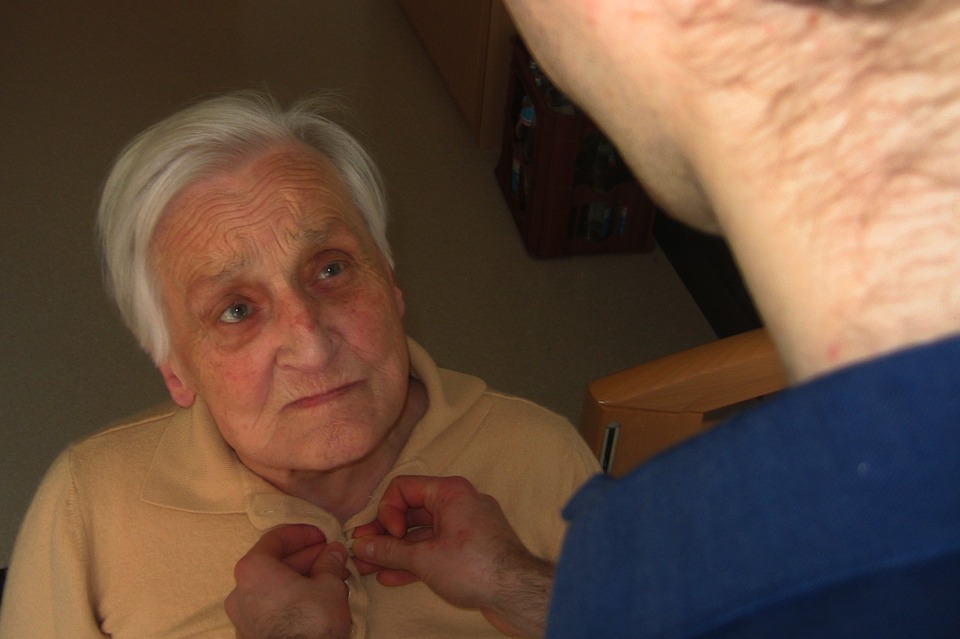
by Dr. Michael Murray | Feb 3, 2015 | Alzheimer's Disease, Depression
Introduction: A new study out of the University of Washington provides the strong evidence that certain popular drugs may increase the risk for dementia in older adults. The drugs share some common mechanisms within key areas of the brain, but are used primarily as...

by Dr. Michael Murray | Apr 22, 2014 | Alzheimer's Disease, Anti-Aging, Natural Facts
Introduction A key goal to boosting brain function and fighting degenerative brain disorders like Alzheimer’s disease is to bathe the brain in “super nutrition.” Numerous studies have shown that brain function is directly related to nutritional status. High...

by Dr. Michael Murray | Mar 27, 2013 | Alzheimer's Disease
Introduction Poor sleep quality and use of sedative hypnotic drugs (sleeping pills) is associated with a significant risk for Alzheimer’s disease. Use of these drugs was associated with a whopping 230% increase over an eight-year period in a study in France while in a...

by Dr. Michael Murray | Aug 8, 2012 | Alzheimer's Disease
Background: Alzheimer’s disease (AD) is a degenerative brain disorder associated with progressive deterioration of memory and cognition. In the United States, Alzheimer prevalence is now estimated to affect about 20% of individuals in the 75-84 years group and...

by Dr. Michael Murray | Apr 18, 2011 | Alzheimer's Disease
Background An accumulation of beta-amyloid in the brain is one of the hallmark features of Alzheimer’s disease. Amyloid is a general term for protein fragments that the body produces normally. Beta-amyloid is a fragment snipped from an amyloid precursor protein (APP)....








